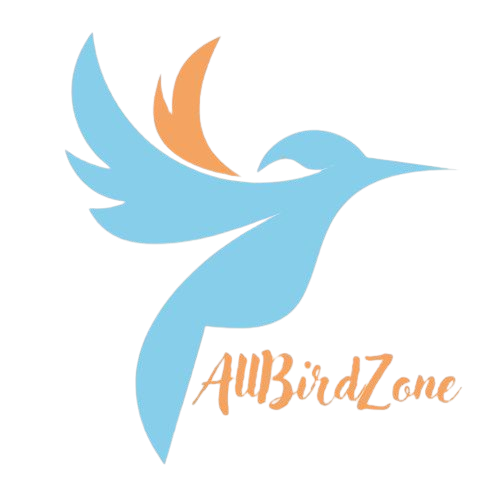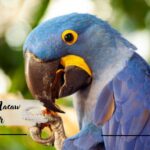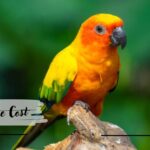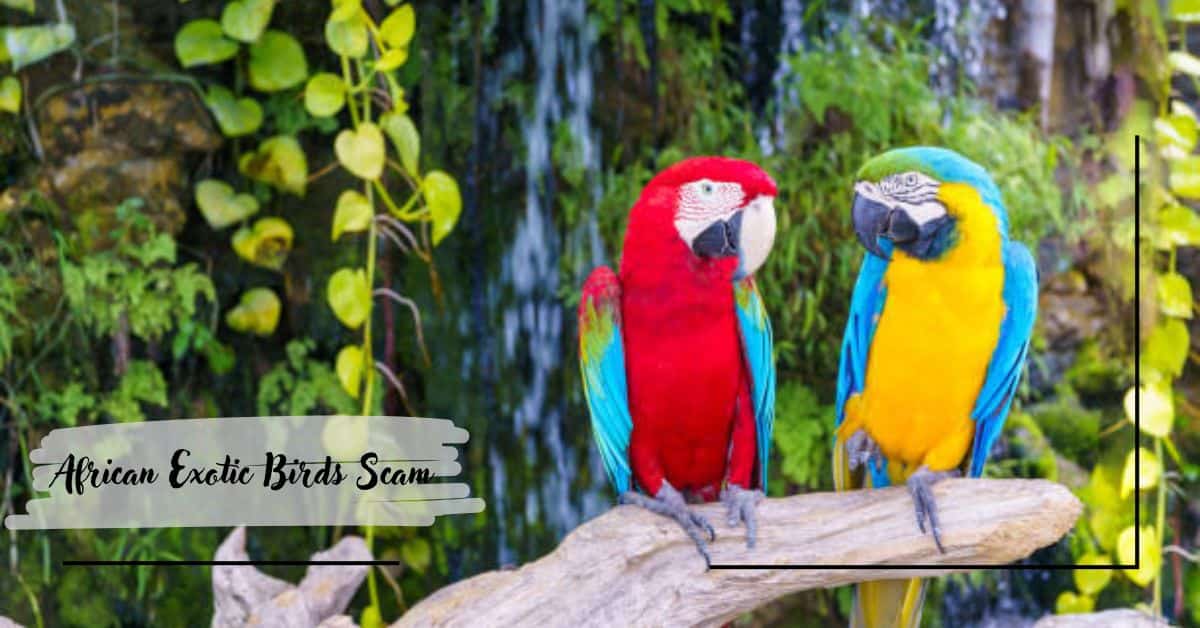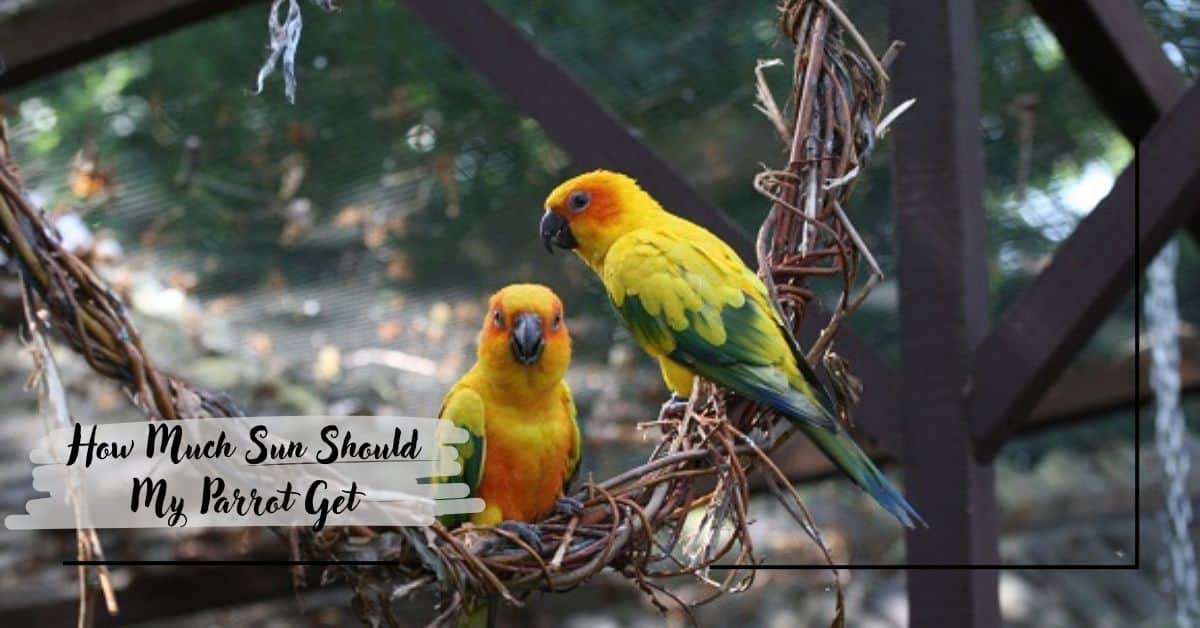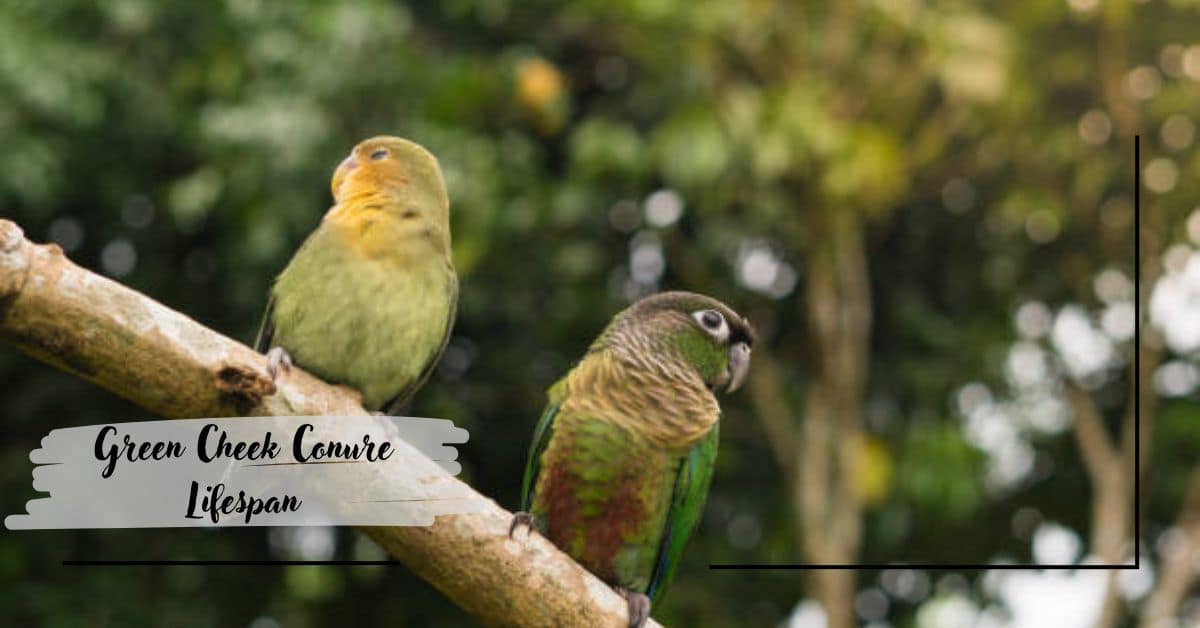The “African Exotic Birds Scam” is a trick where fake sellers use websites to scam people into buying birds that don’t exist. They often show nice pictures and low prices to lure buyers. To stay safe, always check if the seller is real by looking for a physical address and reading reviews. Be cautious if they ask for more money after your first payment, like for shipping or insurance. Always do your homework before buying any birds online.
How Does the African Exotic Birds Scam Work?
The African exotic birds scam usually begins with fake advertisements for rare and sought-after African birds, like the African Grey Parrot, famous for its intelligence and mimicking skills. Scammers create appealing listings online, often with images of birds they don’t actually own. These ads are often placed on social media, bird forums, or fake websites.
Victims are encouraged to act fast to “reserve” the bird with an upfront payment. Scammers add additional fees, such as transport, import permits, or special vaccinations. After multiple payments, the scammer usually disappears, leaving the buyer without a bird or a refund.
What Scheme Does the African Exotic Birds Scam Use?
Fake Listings:
Scammers make ads showing rare birds for sale. They use nice photos, but these pictures are usually stolen from other websites or social media. The birds they advertise don’t actually exist.
Low Prices:
The prices in these ads are surprisingly cheap. Since exotic birds, like African Greys, usually cost a lot, a low price catches people’s attention. Scammers use this to make the deal look “too good to miss.”
Extra Fees:
Once someone is interested, the scammer asks for extra charges, saying it’s for shipping, special permits, or health certificates. They may keep asking for more payments, claiming there are unexpected costs or last-minute fees.
Disappearing Act:
After the scammer collects a few payments, they stop replying. They often delete their ad, block the buyer, or disappear altogether, making it impossible for the victim to get any money back.
How to Protect Yourself from the African Exotic Birds Scam
Research the Seller:
Look up reviews and check the seller’s background. Legitimate breeders often have an established online presence and good reviews. Check the parrots forum, where people discuss a lot about birds, and find out which site is legit.
Verify Permits:
Exotic birds require documentation, including CITES permits. A seller unwilling or unable to provide these is likely a scammer.
Request a Video Call:
Ask the seller to show the bird on a video call. Most scammers will refuse or make excuses to avoid proving the bird’s existence.
Use Secure Payment Options:
Avoid wire transfers or payment apps that don’t offer protection. Use credit cards or other payment methods that allow disputes.
Red Flags in the African Exotic Birds Scam – Things to Remind Yourself!
Prices That Are Too Low:
Real African Grey Parrots and other exotic birds are expensive because they’re rare and need special care. If you see a bird being sold for a much lower price than usual, it’s probably a scam. Scammers use cheap prices to grab your attention, but genuine sellers can’t afford to sell these birds so cheaply.
Rushing You to Buy:
Scammers often try to pressure buyers, saying other people are interested in the bird. They may tell you to pay quickly to “hold” the bird for you. This rush is meant to stop you from researching or asking questions. Honest sellers usually give you time to think about it.
Strange Payment Methods:
Scammers prefer payment options that make it hard to get your money back, like wire transfers, cryptocurrency, or apps like Cash App or Venmo. Unlike credit cards, these don’t offer protection if something goes wrong. A trustworthy seller will use safer payment methods, like credit cards or PayPal, which allow you to dispute a charge if needed.
No Legal Documents:
Real exotic bird sellers provide important legal papers, like a Certificate of Ownership and permits showing the bird is legally allowed to be sold. Scammers often ignore this or show fake documents. If the seller refuses to show these papers or avoids your questions, it’s a big warning sign.
Limited Contact Information:
Scammers usually only provide an email address or won’t provide a phone number. They may not have an actual business address or any social media. Genuine breeders will have multiple contact options, like a phone number, physical address, and sometimes even social media pages, so buyers can check they’re real.
Generic or Stolen Photos:
Scammers often use photos they find online instead of real pictures of the birds they claim to sell. These photos may look generic or poor-quality. You can check by doing a reverse image search to see if the pictures were taken from other websites. Real sellers should be able to send you clear, unique photos or even show you the bird on a video call.
Which Exotic Birds Are Commonly Used in the Scam?
- African Grey Parrot: Known for its intelligence and mimicry, this parrot is highly desirable, making it a prime target for scammers.
- Lovebirds: Small and colorful lovebirds are frequently advertised due to their popularity among pet owners.
- Senegal Parrot: With a vibrant appearance and a fun personality, the Senegal Parrot is another bird often used in scams.
What Are Legal Issues Related to Exotic Bird Trade?
Exotic bird trade is strictly regulated to protect endangered species, with CITES (Convention on International Trade in Endangered Species) requiring permits for legal sales across borders. Bringing exotic birds into countries like the U.S. needs special import permits, and health certificates are mandatory to confirm the birds are disease-free. Sellers who don’t mention these legal steps may be operating illegally, putting buyers at risk of fines and penalties.
Which Steps Should You Take If You Fall for the Scam?
Report to Authorities:
Contact the Federal Trade Commission (FTC) or other consumer protection agencies to report the scam.
Dispute Payment:
If you paid with a credit card, contact your bank to dispute the transaction. Some banks can help recover funds if the payment is recent.
Warn Others:
Share your experience on forums and social media to help others avoid similar scams.
How Much Does an African Grey Parrot Really Cost in the US?
African grey parrots typically cost between $1000 and $4000 to purchase, and monthly, they can cost around $235 to $300 depending upon the food, care, cage, and many more. Expenses like cages, food, and vet visits add to the cost of owning these parrots, making them a high investment. Lower prices advertised online are often a red flag.
Is AfricanGreyParrotFarm.com a Scam?
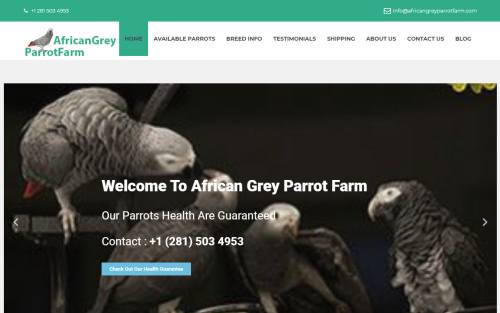
AfricanGreyParrotFarm.com is a scam. According to my search about the African Exotic Birds Scam, This website took money from customers without giving them any parrots. Two people reported losing $1,000 and $975 after trying to buy birds from the site. Now, the website is no longer active and sends visitors to a different site, https://christian-reif.com/, which is something scammers often do to avoid getting caught.
The site needed a real address, making it hard for buyers to check if it was real. It was created on January 16, 2019, and needed the documents that actual bird sellers should have. Even though it used a phone number from Houston, Texas, it could have been more trustworthy. Legitimate sellers usually let you see the bird in person, but this site did not.
If you come across a site like AfricanGreyParrotFarm.com, be very careful. Always check if the seller is actual and has a physical address before buying any pets online. If something seems too good to be true, it probably is.
Frequently Asked Questions:
How can I tell if a parrot seller is a scam?
Look for signs that something is off, like sellers who only ask for shipping fees or don’t let you see the bird before buying. Scammers often use fake pictures of real birds and may give unclear information.
What should I do if I think I’m being scammed while buying a parrot?
If you think it’s a scam, stop talking to the seller immediately. Report the ad or website where you found them. Always check if the seller is trusted by looking for verified accounts and reading reviews.
What tricks do scammers use when selling parrots?
Scammers make fake websites that look real and use pictures of birds that aren’t theirs. They might offer low prices and ask for money for shipping, then later ask for more money for things like insurance or health checks, without ever sending the birds.
How can I avoid getting scammed when buying a parrot?
Do your homework before buying a parrot online. Ask for recent pictures with dates, insist on talking to the seller or a vet, and check that all shipping paperwork is correctly filled out by both the seller and you.
What are signs that a parrot seller is honest and trustworthy?
An honest seller will give precise details about their business, let you see the birds in person, have the proper paperwork for shipping, and be happy to talk with you about the sale. They should also have good reviews and be verified on the website where they sell.
In The End:
To avoid getting caught in the African exotic birds scam, it’s essential to be careful and do your research. Always check the seller’s background, ask questions, and make sure they are genuine before buying any birds. Look out for warning signs of scams to protect your money and have a safe experience when buying your new pet. Stay smart and safe!
